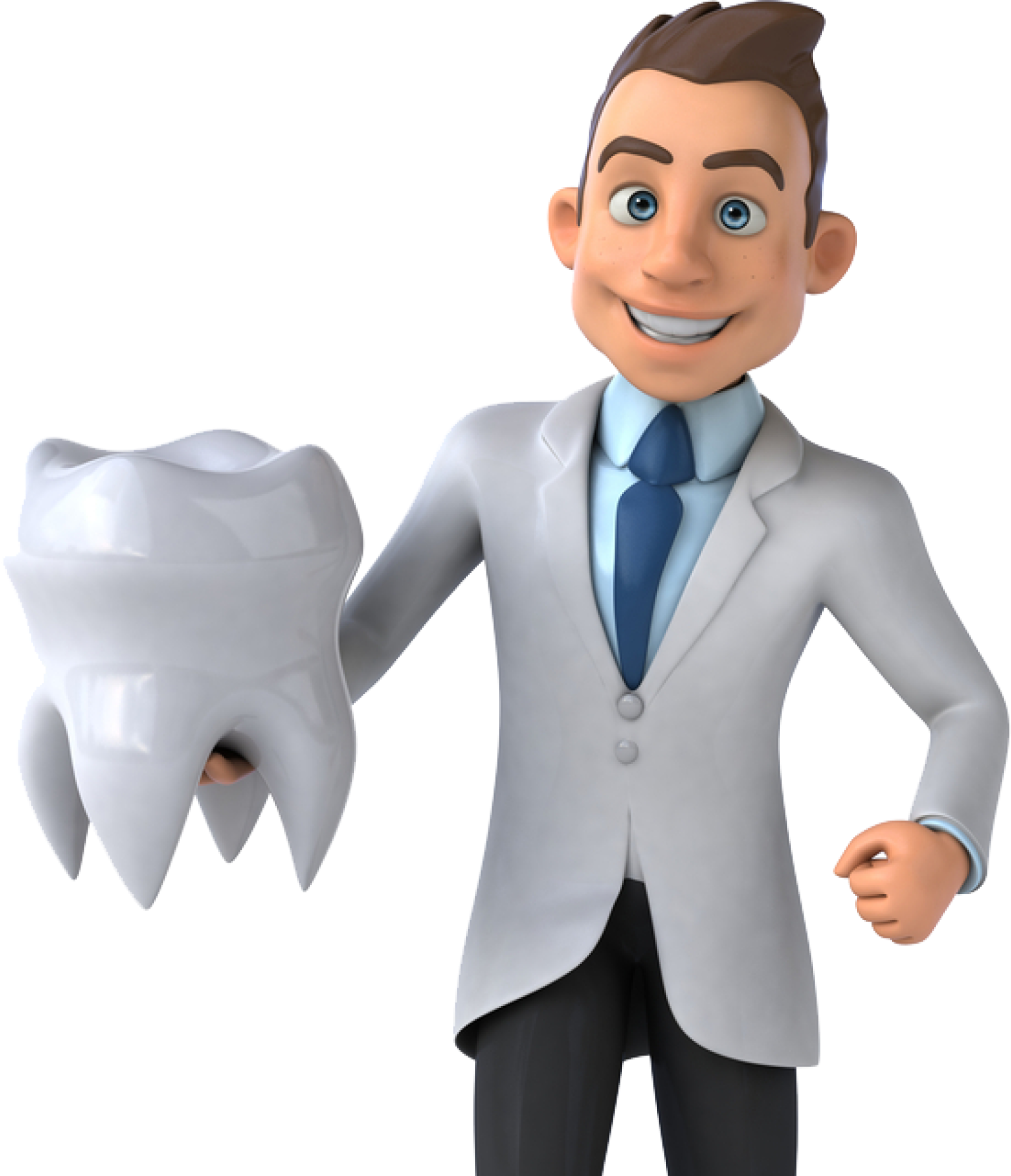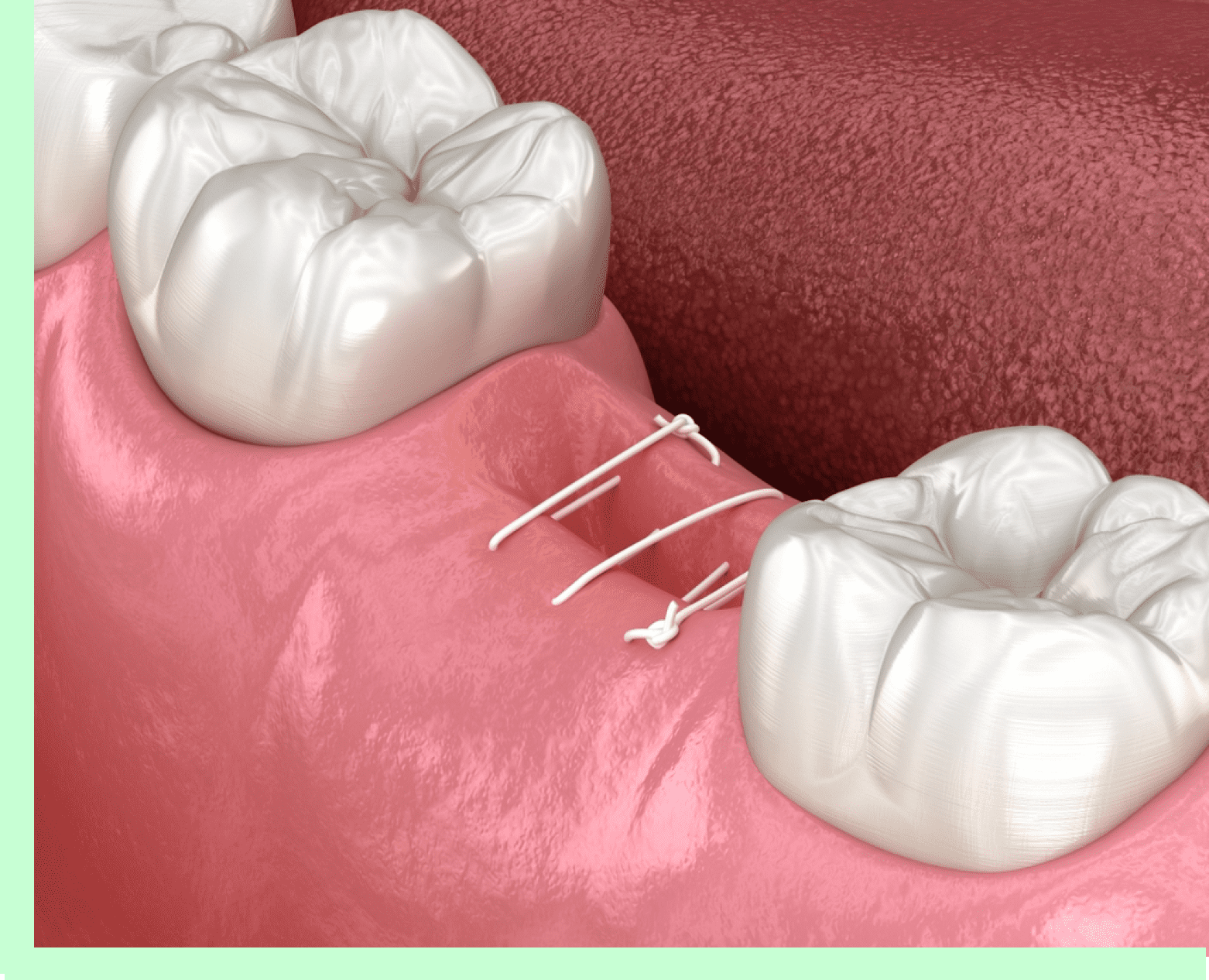Book Your First Consultation Now
We’ll reach out shortly to book your free first consultation and get you started on your smile journey

It could be your wisdom teeth causing the issue. At Home Dental Clinic, we specialize in wisdom tooth extraction and can help alleviate your discomfort. Don’t wait until the pain becomes unbearable, call us today to schedule an appointment and take the first step towards a healthier, pain-free mouth. Your smile deserves the best care, and we’re here to provide it. Contact us now and let us take care of your dental needs!
Wisdom tooth extraction is a dental procedure that involves the removal of one or more wisdom teeth, which are the last molars located at the back of the mouth. Wisdom teeth can cause discomfort or pain if they do not have enough space to grow properly or if they are impacted, meaning they are blocked from emerging through the gum line. In some cases, wisdom teeth may need to be removed to prevent damage to other teeth, infection, or other dental problems. The extraction process typically involves local anesthesia to numb the area, and the use of specialized tools to gently loosen and remove the tooth. The procedure is performed by a dentist or oral surgeon and may involve stitches to close the wound. Recovery time can vary depending on the individual and the complexity of the extraction.

Planning and Analysis:
At this stage, the dental x-rays of the patient’s wisdom tooth will be examined and a suitable treatment plan will be formulated.
Administration of Anesthesia:
The oral surgeons will then inject anesthesia near the extraction sites to numb the area.
Tooth Extraction:
The dentist will begin by loosening the tooth in the gum using a dental tool called an elevator. Afterwards, forceps will be used to extract the tooth from the gum.
Incision and Extraction (Wisdom Tooth Removal):
A small incision will be made on the gum to expose the bone and tooth. The surgeon will then remove the impacted wisdom teeth that are blocking the tooth root.
Wound Closure:
Next, the extraction site will be cleaned again, and the incision will be sutured to promote wound healing. Finally, gauze will be placed on the extraction site to control bleeding.
Recovering from wisdom tooth extraction can take several days and requires proper care to prevent complications. Here are some general guidelines for recovering after wisdom tooth extraction:

Rest: Get plenty of rest in the first 24 hours after surgery.
Apply ice: Apply an ice pack to your cheek to reduce swelling and discomfort. Do this for 10-20 minutes at a time, with 10-minute breaks in between.
Take pain medication: Take the pain medication prescribed by your dentist or surgeon as directed. Over-the-counter pain relievers such as acetaminophen or ibuprofen can also help with pain.
Avoid smoking: Refrain from smoking or using tobacco products for at least 24-48 hours after surgery, as this can delay healing and increase the risk of infection.
Eat soft foods: Stick to soft, cool foods such as yogurt, smoothies, or soup for the first few days after surgery.
Avoid hot or spicy foods, as well as hard or crunchy foods that can irritate the extraction site.
Keep the area clean: Gently rinse your mouth with warm salt water (1/2 teaspoon of salt in 8 ounces of water)
several times a day to keep the area clean and reduce the risk of infection.
Avoid vigorous activity: Avoid strenuous activity for the first few days after surgery, as this can increase
bleeding and swelling.
Follow your dentist’s instructions: Follow any specific instructions provided by your dentist or surgeon, such as when to return for a follow-up appointment or when to start brushing your teeth again.


We’ll reach out shortly to book your free first consultation and get you started on your smile journey


In addition to noticing the emergence of your new molars at the back of your mouth, you should also look out for various symptoms that could signal issues with your wisdom teeth. These symptoms include gum tenderness and pain, bleeding, red or swollen gums, jaw swelling or pain, bad breath, an unpleasant taste in your mouth, and difficulty opening your mouth. Don’t ignore these signs – they could be an indication that you need to have your wisdom teeth evaluated by a dental professional.
If left untreated, impacted wisdom teeth can lead to tooth damage, decay, pain, and even cysts. Don’t ignore these symptoms – it’s crucial to visit your dentist as soon as possible.
In some cases, the complexity of the surgery and the position of your wisdom teeth may require the expertise of an Oral & Maxillofacial Surgeon (OMS). These surgical specialists are highly trained and skilled in performing extractions of one or all of your wisdom teeth in a safe and precise manner. Your dentist may refer you to an OMS for the best possible outcome.
Rest assured, our dentists will ensure that your tooth extraction experience is painless. Depending on your specific case, they will administer either local anesthesia or general anesthesia.
Indeed, impacted wisdom teeth can have an impact on your sinuses. The roots of these molars can exert pressure on the sinuses, leading to issues such as headaches, sinus pain, and congestion. This can also result in other health problems in the body.
While patients can typically return to their regular activities within a few days after a tooth extraction, our dentists recommend allowing up to two weeks for the extraction site to fully heal.
We’re a friendly team of dentists working
together to ensure that you receive
the best treatment that you require.
Copyright © 2023 Home Dental | Powered by Home Dental

We’re a friendly team of dentists working
together to ensure that you receive
the best treatment that you require.

Copyright © 2023 Home Dental | Powered by Home Dental